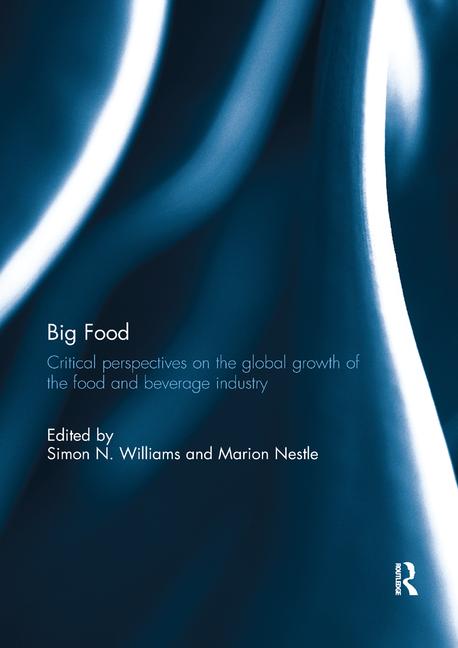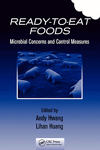Seaweed on Cancer Risk

A 14-year national survey of nearly 53,000 Japanese women, aged between 40-69, found that the group reported 134 thyroid cancer cases, including 113 cases of papillary carcinoma, a common type of the illness.
Those who ate seaweed daily were 1.7 times more likely to develop cancer than those who ate it no more than twice a week, the study said.
The risk more than doubled among post-menopausal women who were about 3.8 times more likely to develop the cancer than those who limited their consumption of seaweed, a popular food in Japan, the study said.
"Seaweed consumption was clearly associated with an increased risk of papillary carcinoma," said the study led by the National Cancer Center and National Institute for Environmental Studies.
It was not clear why post-menopausal women had an increased risk of developing cancer but there may be a link with the iodine in seaweed, according to the research published in the European Journal of Cancer Prevention.
Japanese women were particularly at risk given their regular -- and sometimes excessive -- consumption of seaweed, which accounted on average for about 80% of their iodine intake.
The survey did not say how much seaweed participants consumed during the study between 1993 and 2007.
From the April 12, 2012, Prepared Foods’ Daily News
Looking for a reprint of this article?
From high-res PDFs to custom plaques, order your copy today!






